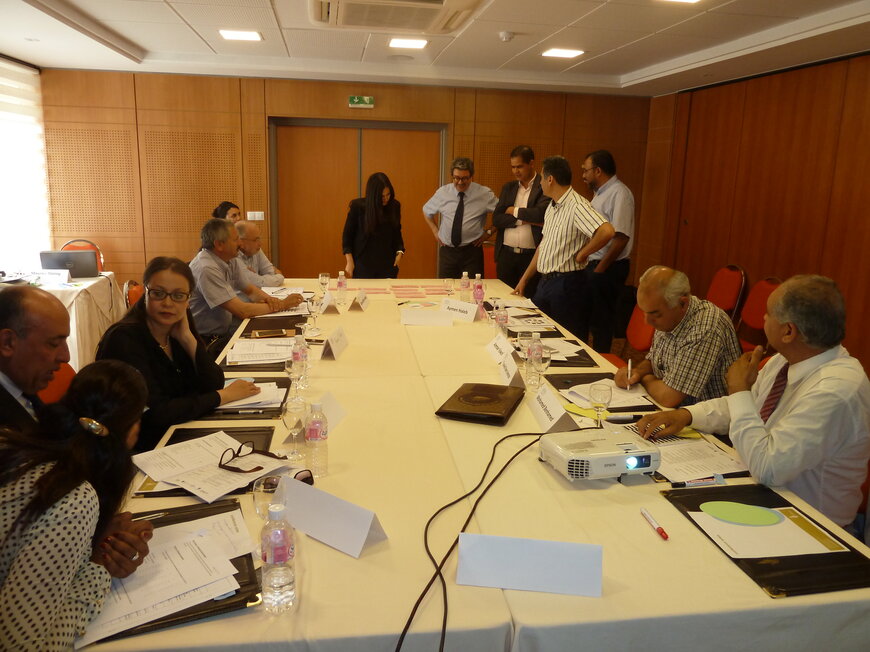Press releases
New publication \ Energy planning towards sustainability in Tunisia
BICC’s Policy Brief “Energy planning towards sustainability: Anchoring Tunisia’s energy transition to the local level” gives recommendations on how to relate current energy planning to the country’s political transformation processes.

Tunisia faces three interconnected challenges: The first is overcoming its energy crisis and unsustainable fossil fuel dependency; the second is achieving economic growth to improve people’s livelihood, and the third is moving forward with political reforms.
The recent BICC Policy Brief 1\2019 (in English and French language) is based on results and insights gained from empirical field research conducted within the MENA SELECT project. In close cooperation with Tunisian partners, BICC organized a series of seven stakeholder workshops with important societal groups such as policymakers & operators, finance & industry, academia, national NGOs, local community representatives/local NGOs, as well as engaged youth/young leaders. The objective was to discuss and evaluate energy technologies with regard to their capacity to promote the stakeholders’ vision of sustainable development and thus achieve their support.
Based on these findings the author Maurice Döring gives the following recommendations:
\ Move the energy transition forward as public development project through multi-stakeholder dialogues and policy harmonization;
\ Strengthen and include domestic expertise in policy design;
\ Integrate energy projects into regional and local development plans and assess social impacts;
\ Empower of local governments in national energy projects;
\ Move forward with decentralized electricity production.
The recent BICC Policy Brief 1\2019 (in English and French language) is based on results and insights gained from empirical field research conducted within the MENA SELECT project. In close cooperation with Tunisian partners, BICC organized a series of seven stakeholder workshops with important societal groups such as policymakers & operators, finance & industry, academia, national NGOs, local community representatives/local NGOs, as well as engaged youth/young leaders. The objective was to discuss and evaluate energy technologies with regard to their capacity to promote the stakeholders’ vision of sustainable development and thus achieve their support.
Based on these findings the author Maurice Döring gives the following recommendations:
\ Move the energy transition forward as public development project through multi-stakeholder dialogues and policy harmonization;
\ Strengthen and include domestic expertise in policy design;
\ Integrate energy projects into regional and local development plans and assess social impacts;
\ Empower of local governments in national energy projects;
\ Move forward with decentralized electricity production.


